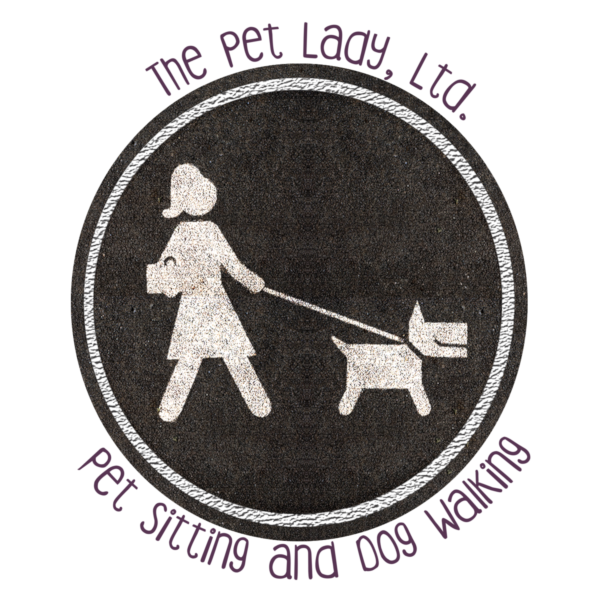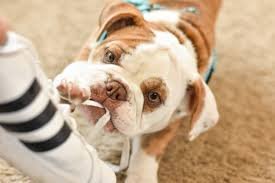Puppy Biting
The most common question I am asked about is puppy biting, we all know that puppies will try to nibble just about anything they can get their mouths and they should grow out of it with age. But when it becomes excessive there are some great things we can do to help curb that habit.
Excessive puppy biting is typically a result of other problems. As I mentioned before, puppy biting is normal and they grow out of it with age. But you can help minimize their biting by meeting their needs, and by creating desired habits from your pup.
Physical Exercise. Dogs need a mix of high stimulation exercise, such as play, chase and fetch. As well as low stimulation exercise, such as sniff walks, hikes and swimming. Making sure your puppy is receiving a healthy exercise routine can help tire them out.
Mental Exercise. Enrichment is great for your pup's mental health. It helps dogs relax, and feel fulfilled. Things such as training, sniffing, chewing, and searching for treats. Training is a very important part of having a puppy, but it doesn’t end there. Training is great mental exercise for dogs of all ages.
Hungry or Teething. Many young, bitey dogs need three meals a day until puppy biting subsides. Teething also makes a lot of puppies grumpy. Have plenty of yummy or cold chewing options available for them. Freezing some broth with a treat inside can be a great treat for a pup who is teething.
Over-Tired. If your dog crashes and sleeps after a biting fit, it is likely that they were over-tired and lacking the ability to play nicely. Always give your puppy time to nap where they will not be interrupted and often away from the family. Crate training can be a great solution or give your pup a space in the house where they will not be disturbed, such as a spare bedroom or bathroom.
Over-Aroused. When play goes too long or things get overly exciting, dogs can get a rush of adrenaline to the point where it is hard for them to not use their mouths. Use enrichment and manage playtime to give them the breaks they may need.
Defensive Biting. Missing or ignoring body language that says “don't do that” leads to dogs taking further actions to stop the unpleasant event. There is a great book called Canine Body Language by Brenda Aloff that is a great overview of basic canine body language. The best part is there are pictures to support each body language so you are able to see what it looks like on a dog as well as reading about it. I got it on Amazon and encourage all dog owners with dogs of any age to check it out. But I digress, the unpleasant event can be during petting, play or around food or toys. Most of the time a dog bite occurs that dog has shown at least one if not more than one sign that they are uncomfortable.
If your pup is still excessively biting after trying some things we talked about, consider limiting your dog's space from time to time where they are unable to practice the unwanted behavior. Crates, tethers and play pens are great options until you are able to consult with a trainer.


